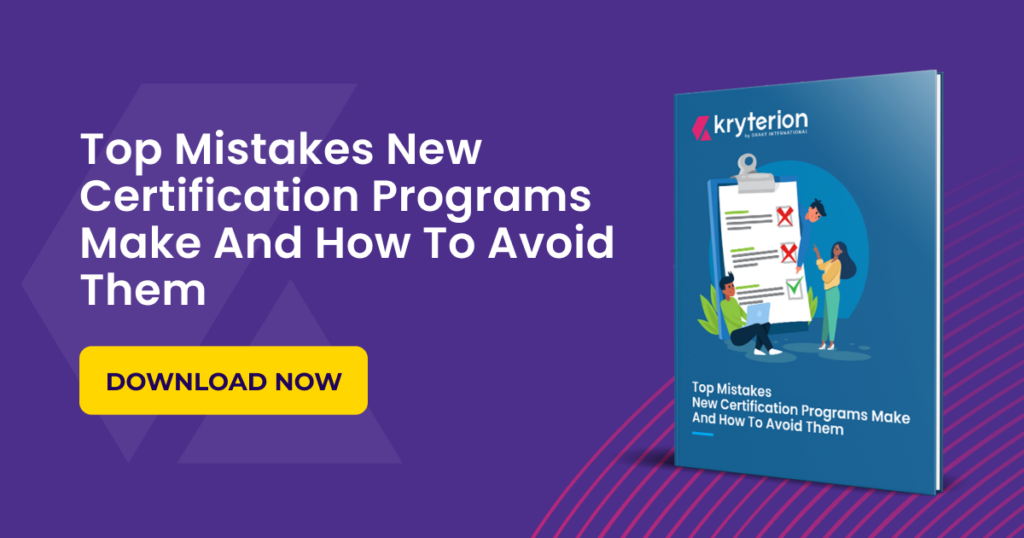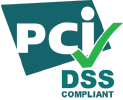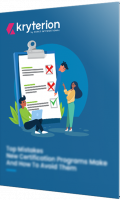This week, we continue exploring new insights in learning, memory, retention and test-success strategies. These intriguing, often counter-intuitive, findings from cognitive science, which studies the mind and its processes, may radically change the way you think about test preparation. Read on to get really smart about your next test, which could just be a credentialing exam!
ABOUT THE AUTHOR:

Many are unaware that after his success in the hit Hollywood movie, Big, co-starring Tom Hanks, the widely traveled, mechanical Romanian seer, formerly known as Zoltar, never again found a truly satisfying role in Hollywood.
Rather than live marooned in the shadow of his own fame, Zoltar returned to school. After earning an advanced degree, he re-emerged as Dr. Z, an international skills-development consultant with a passion in career growth and an affinity for the color turquoise, even in his goatee.
In this post, he shares the results of late-breaking research into learning, memory and testing for certification- and licensure-exam candidates. He also discusses techniques known to enhance the testing experience of candidates for Kryterion-delivered exams.
Thank you, Dr. Z…and we still love those shades!
We just wanted to remind you that we’re presenting these new scientific insights in the form of 11 multiple-choice questions. Last week we covered questions 1-4, which you can review here. This week we look at questions 5-8.
5. You’re taking a timed, high-stakes exam. Which strategy have researchers found to be associated with higher scores?
- Read all exam questions before starting
- Start taking the exam right away
- Prioritizing accuracy over answering all questions
- Respond to each question in the order presented
Correct response: B
Research says: “It appears as if low achievers looked through the whole test before they began to a higher extent than high achievers. This strategy is known to be an ineffective test-taking strategy (Ellis & Ryan, 2003), probably because this strategy is time consuming…” Apparently, this approach leaves some test takers with insufficient time to complete all exam questions. High achievers tend to skip difficult questions and return to them later.
This point is moot if the test sponsor doesn’t allow candidates to skip back and forth between questions. Some test sponsors do this to limit the opportunity to memorize questions for unscrupulous purposes.
6. Your high-stakes exam will start shortly. You’re feeling especially nervous. What is the most effective way to deal with nerves?
- Sit quietly
- Do a deep-breathing exercise
- Take 10 minutes to write down what you’re feeling and why
- Take 10 minutes to write about how nervous energy boosts performance
Correct response(s): C & D.
It might seem counterintuitive to write about why you feel nervous—when you are—just before a high-stakes exam. No worries. Multiple studies show that just seven to 15 minutes spent releasing anxiety in this way significantly boosts performance.
A report in Science magazine described results from four field experiments looking into this theory. In each experiment expressive writers outperformed control group participants in high-stress math and biology exams. The extent of the difference varied from 17% to 26%.
One theory is that expressive writing frees “working memory” (aka short-term memory) for use in the exam process.
The investigation cited in Science was co-authored by the noted cognitive scientist, Dr. Sian Beilock, currently president of Barnard College. She is also the author of Choke: What the Secrets of the Brain Reveal About Getting It Right When You Have To.
In it, she reports that self-talk (or writing) that reinterprets the symptoms of nervousness as the body’s way of preparing to succeed can be equally effective as anti-anxiety therapy. Suddenly, nervousness becomes a useful source of energy you can channel when taking the exam.
7. You’re preparing for a high-stakes exam with study buddies. One of them claims that forgetting is supposed to help you remember what you learned. Does your study buddy’s claim have merit?
- Situationally
- No
- Evidence is inconclusive
- Yes
Correct response: D
However counterintuitive it may seem, researchers have found that learners who forget material they have learned, then re-learn it, retain that information far longer.
The evidence is so compelling that two highly respected professors of psychology at UCLA, Robert A. Bjork and Elizabeth L. Bjork, published a 2019 essay titled, Forgetting as the Friend of Learning: Implications for Teaching and Self-regulated Learning.
“Because forgetting can enable learning, conditions of instruction that create difficulties for the learner, even slowing the rate of apparent learning, often optimize long-term retention and transfer; whereas conditions of instruction that make performance improve rapidly often fail to support long-term retention and transfer.”
In other words, knowledge easily acquired―even when promptly confirmed by an exam―is often forgotten just as quickly. When learners’ brains work hard to gather knowledge, they are likely to retain the knowledge much longer. (Call it the “easy come, easy go” theory of learning.)
8. Spaced repetition―involving multiple encounters over time with material you want to learn―and practice tests are both highly effective ways of increasing long-term retention of learned material. If you do both, their relationship is:
- Synergistic
- Self-cancelling
- Unrelated
- Negative
Correct response: A
Science says: Practice testing + Spaced repetition = A winning combination. “Testing or spaced practice, each on its own, confers considerable advantages for learning. But, even better, the two strategies can be combined to amplify the benefits…”
In practice, this means that re-exposing yourself to key data or concepts over time strengthens recall. When practice testing is added to that regimen, you’re also exercising active recall. Memory is a muscle. The more you use it, the stronger it gets.
Please stay tuned…
Dr. Z has more late-breaking insights to share from the world of cognitive-science research! If you’re about to take a test or know someone who will—perhaps even a credentialing exam—be sure to come back next week for more tactical tips on boosting your (their) success!
And while you’re waiting…
Dr. Z brings timely, valuable—sometimes intriguing—insights about learning, retention and testing, especially for those with an exam in their future.
The corpus of scientific research not only impacts test candidates, it also has implications for the field of test development.
Should you have any questions about, or simply want to discuss, your own existing or future credentialing program(s), feel free to schedule a free, no-obligation call with one of friendly Kryterion psychometricians.
Just fill out our short form here to give us a bit of context, and we’ll follow up via email to arrange a convenenient call time. Talk soon!








